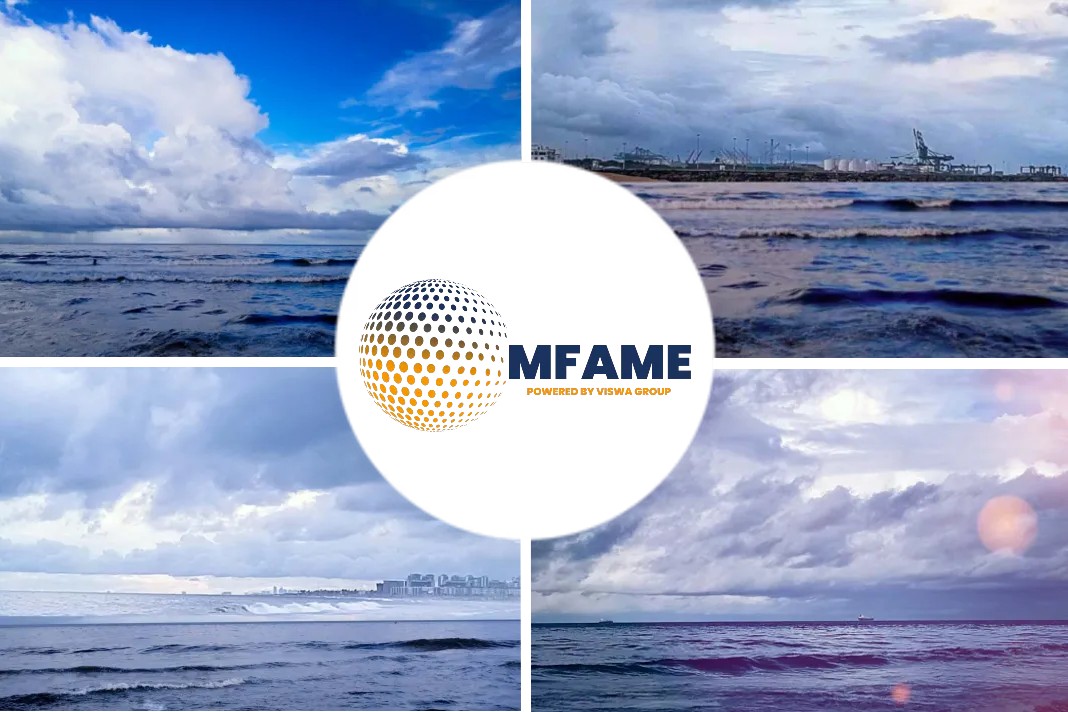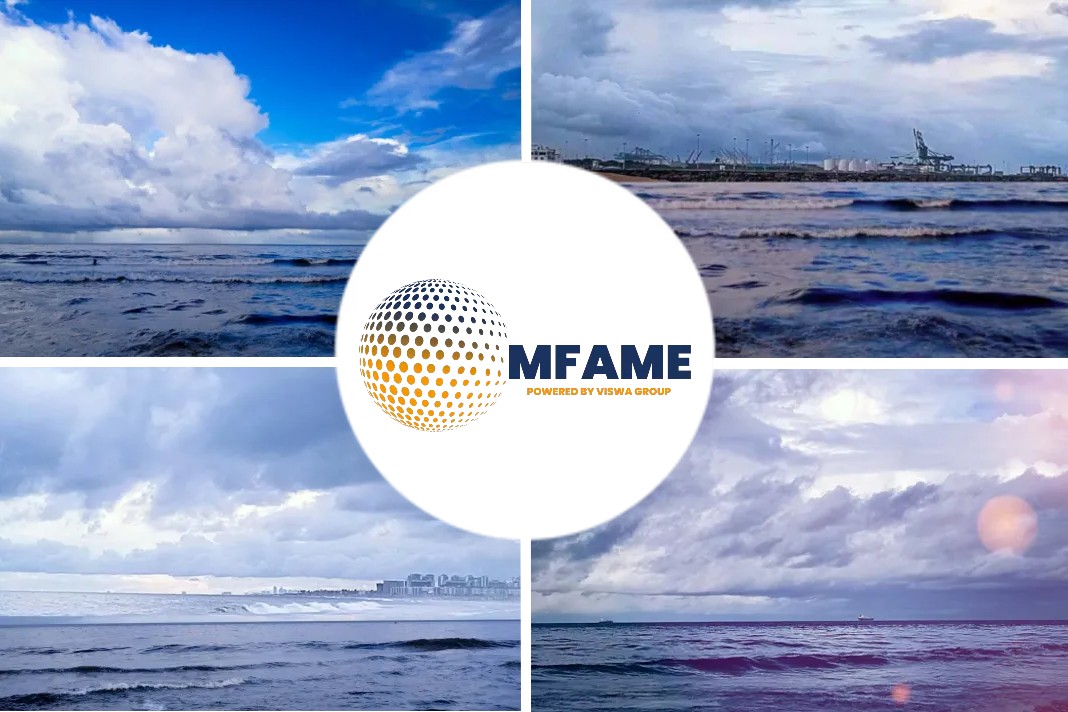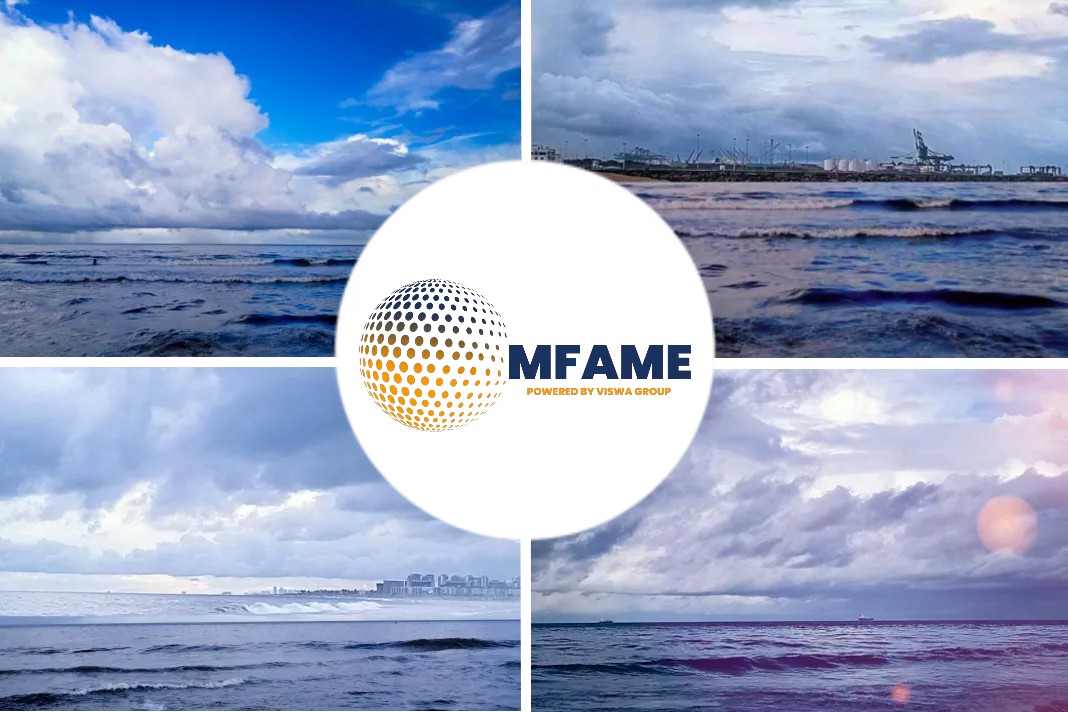- Qatar has signed a deal worth around $20 billion with South Korean shipbuilders to help cement its position in LNG industry.
- Korean firms to build more than 100 ships for Qatar Petroleum.
- Deal will help world’s biggest LNG producer increase output.
- The plan to reduce expenditure comes as the COVID-19 pandemic saps demand for LNG and causes prices to spiral toward record lows.
Qatar has signed a deal worth around $20 billion with South Korean shipbuilders to help cement its position as the world’s largest producer of liquefied natural gas, writes Verity Ratcliffe for Bloomberg.
Multi firm agreements
The Gulf emirate entered into agreements with Daewoo Shipbuilding & Marine Engineering Co., Hyundai Heavy Industries Co. and Samsung Heavy Industries Co., according to a statement on Monday from state producer Qatar Petroleum.
The three firms will reserve a “major portion” of their LNG ship-construction capacity for QP through 2027.
The deal, valued at around 70 billion Qatari rials ($19.1 billion), could see them build more than 100 LNG vessels for Qatar, QP said. The shares of Daewoo Shipbuilding and Samsung Heavy soared more than 15% on Tuesday in Seoul.
“We have everything in place to commence the largest LNG-shipbuilding program in history,” said Saad Al-Kaabi, QP’s chief executive officer and Qatar’s energy minister. “We have secured approximately 60% of the global LNG shipbuilding capacity through 2027.”
QP signed a similar agreement with Hudong-Zhonghua Shipbuilding Group Co., a subsidiary of China State Shipbuilding Corp., in April. It needs a bigger fleet of LNG carriers because of new projects at home and in the U.S.
QP to boost output
Qatar is “moving full steam ahead” with the expansion of the North Field, its share of the world’s biggest gas deposit, Al-Kaabi said. That will raise the country’s annual LNG exports from 77 million tons to 126 million tons by 2027, he said.
QP will boost output despite cutting overall spending by about 30%, Al-Kaabi said last month. The plan to reduce expenditure comes as the coronavirus pandemic saps demand for LNG and causes prices to spiral toward record lows.
Did you subscribe to our daily newsletter?
It’s Free! Click here to Subscribe!
Source: Bloomberg















